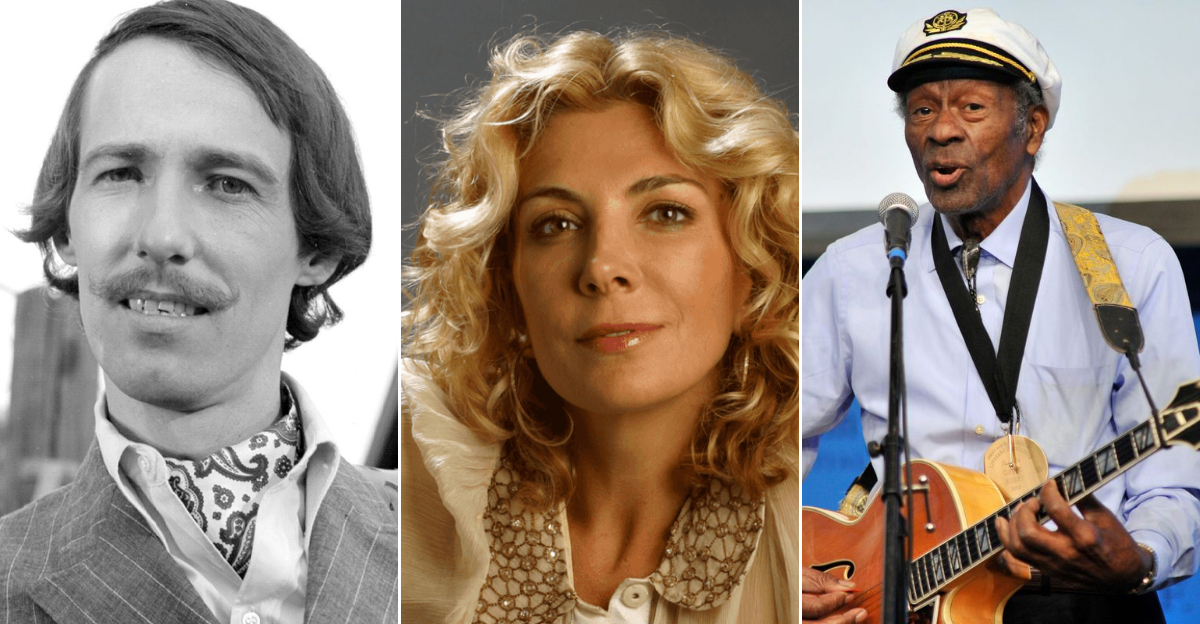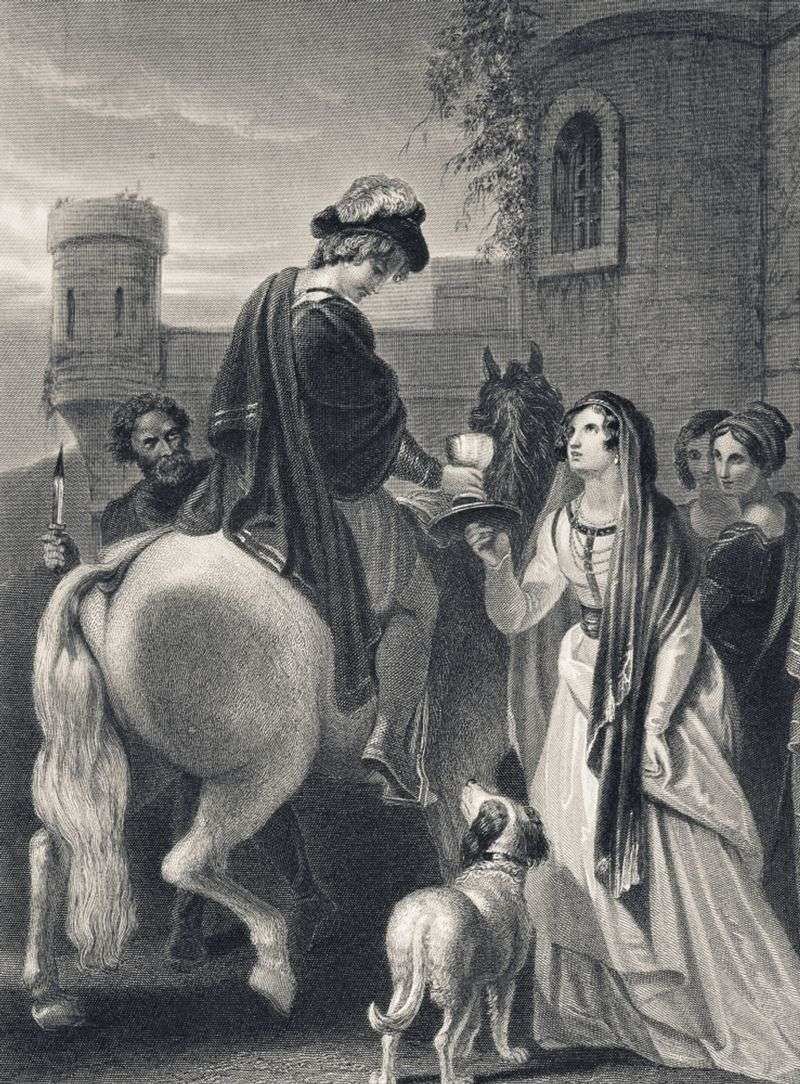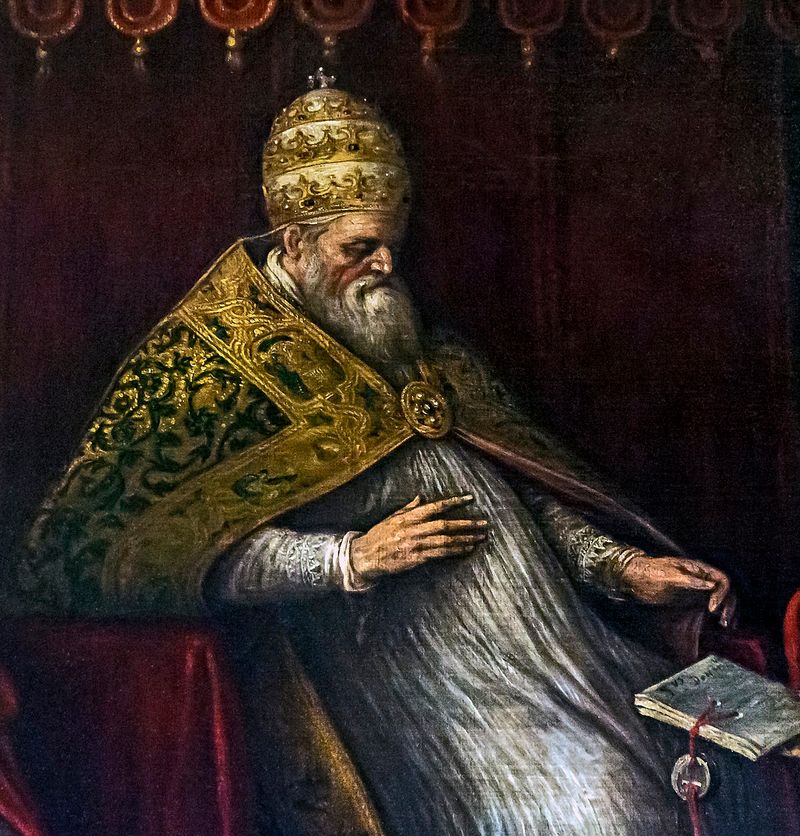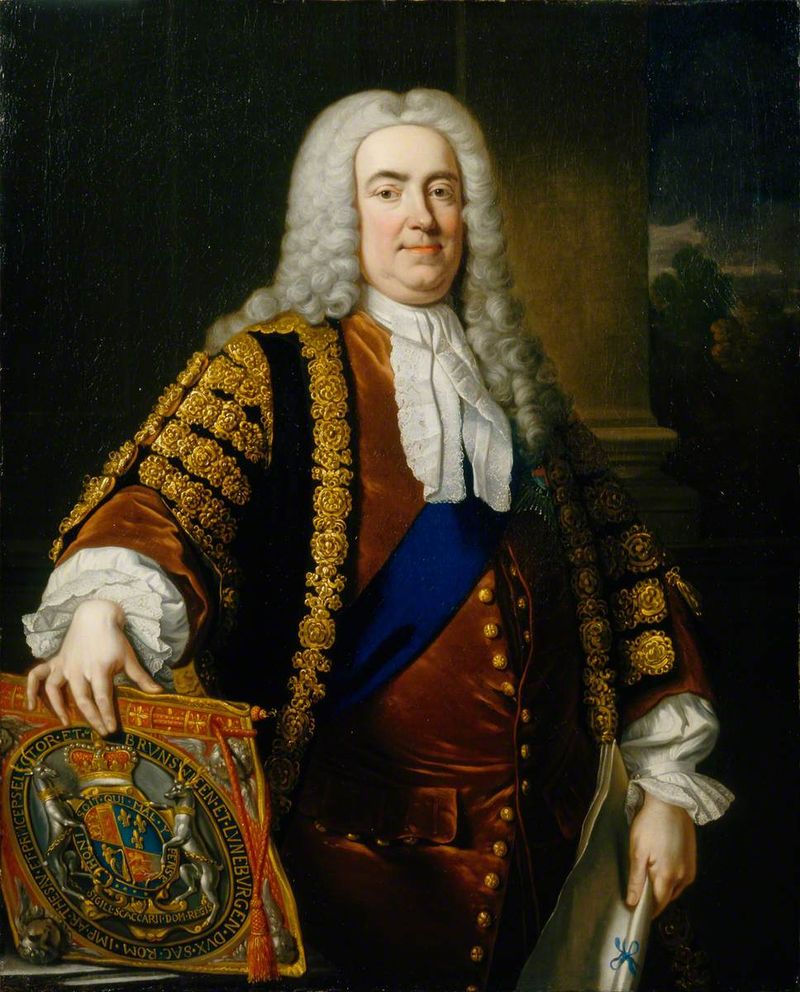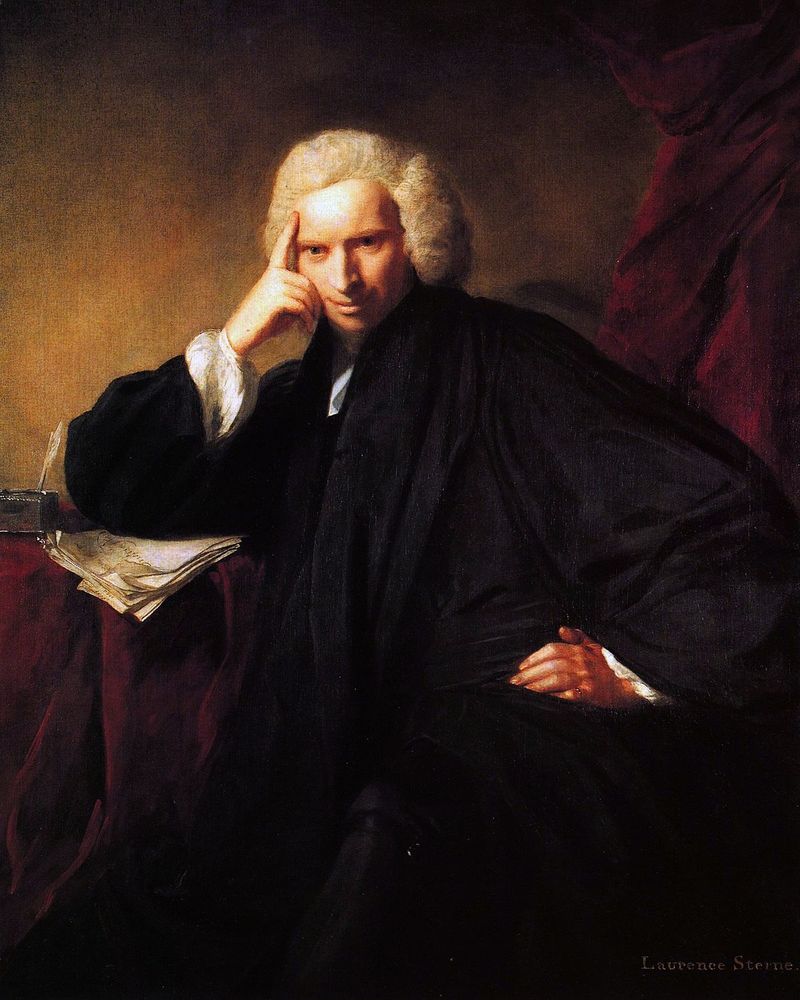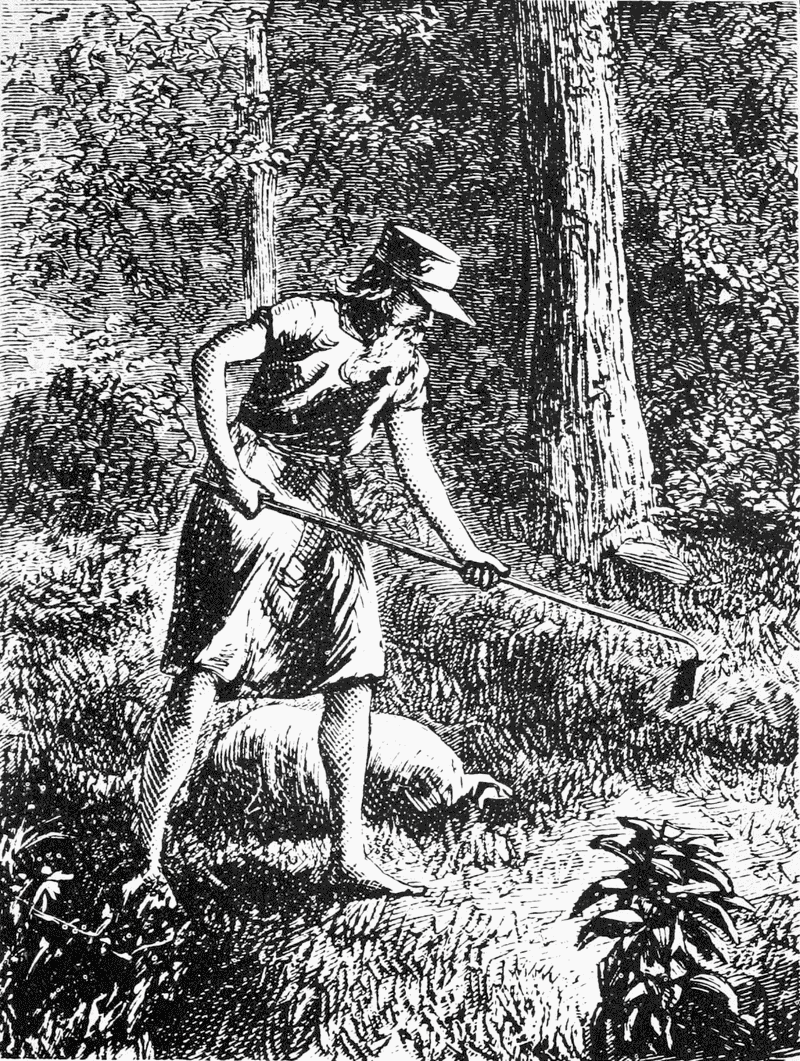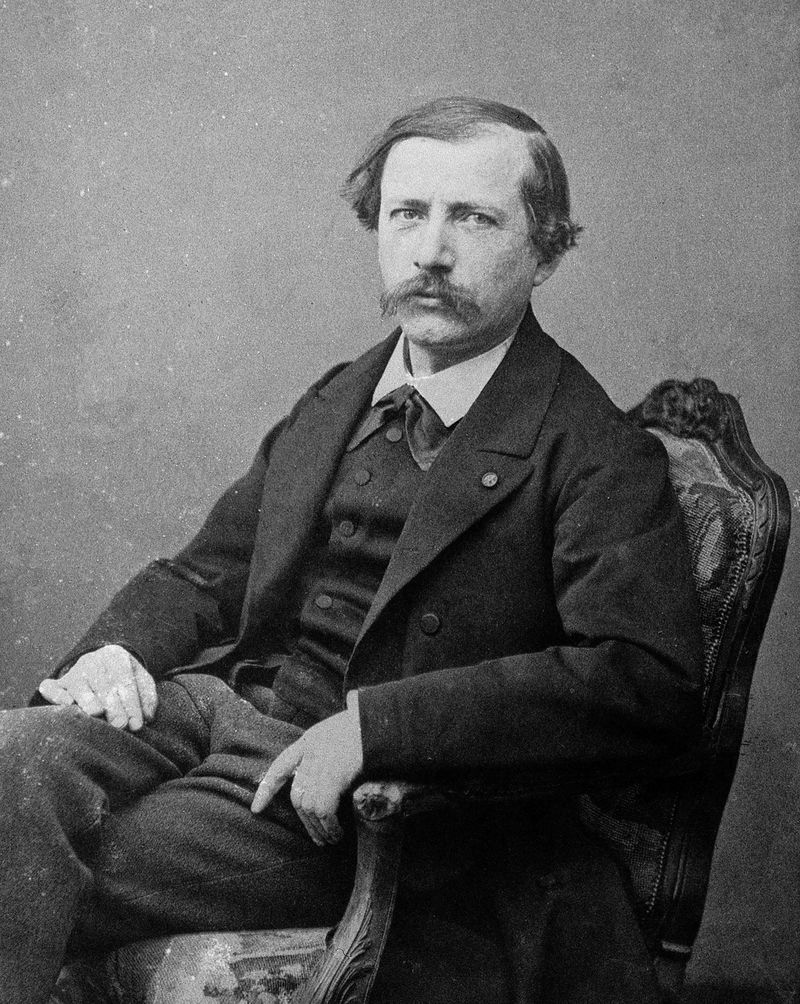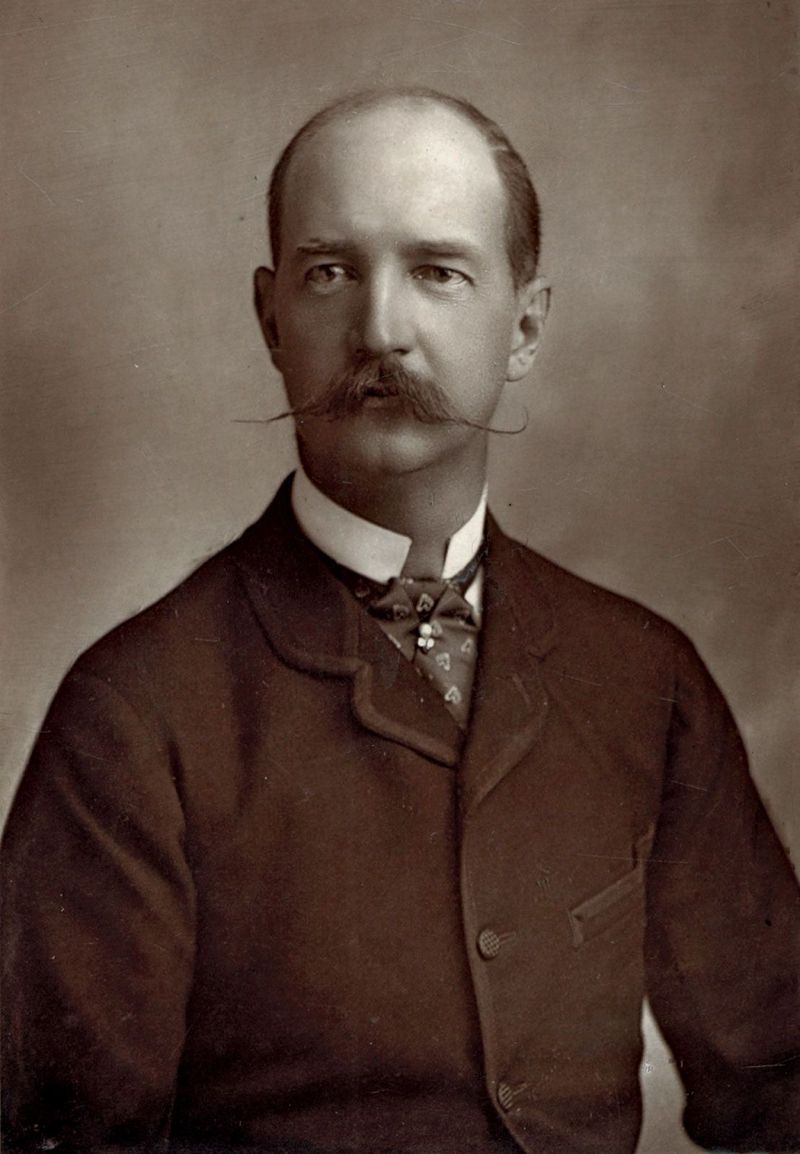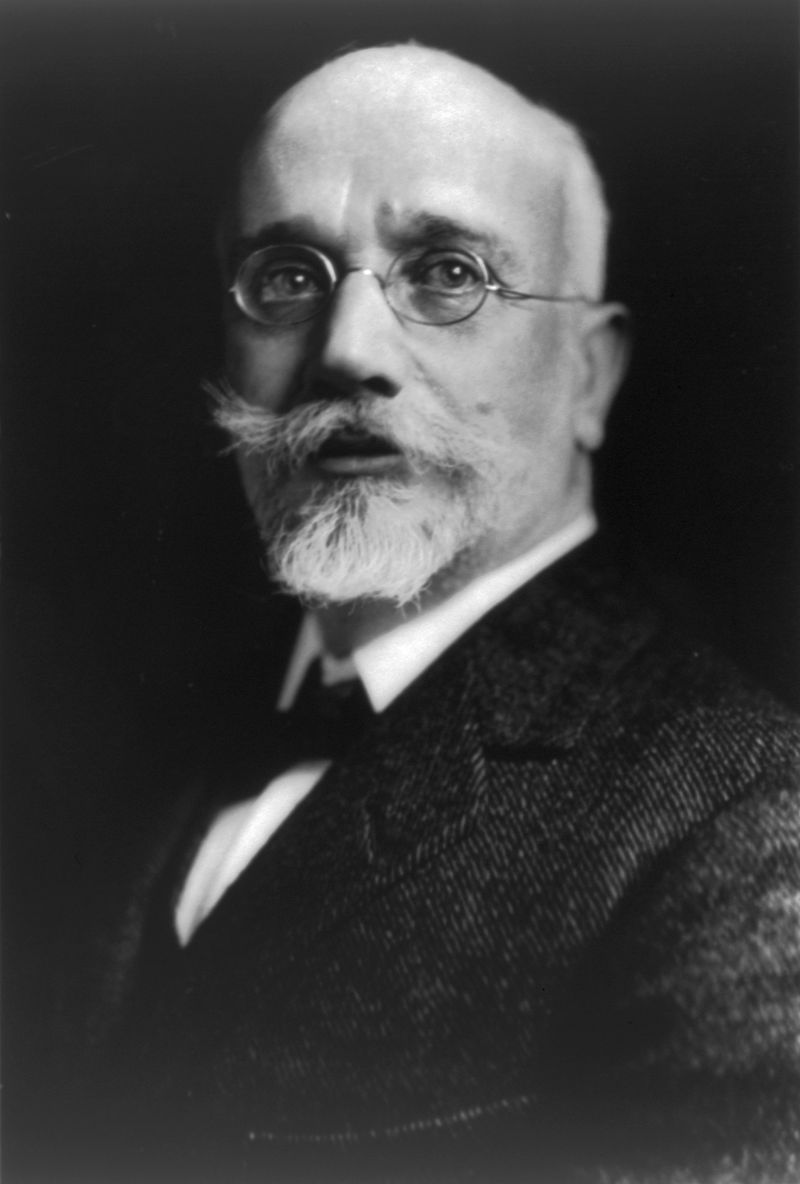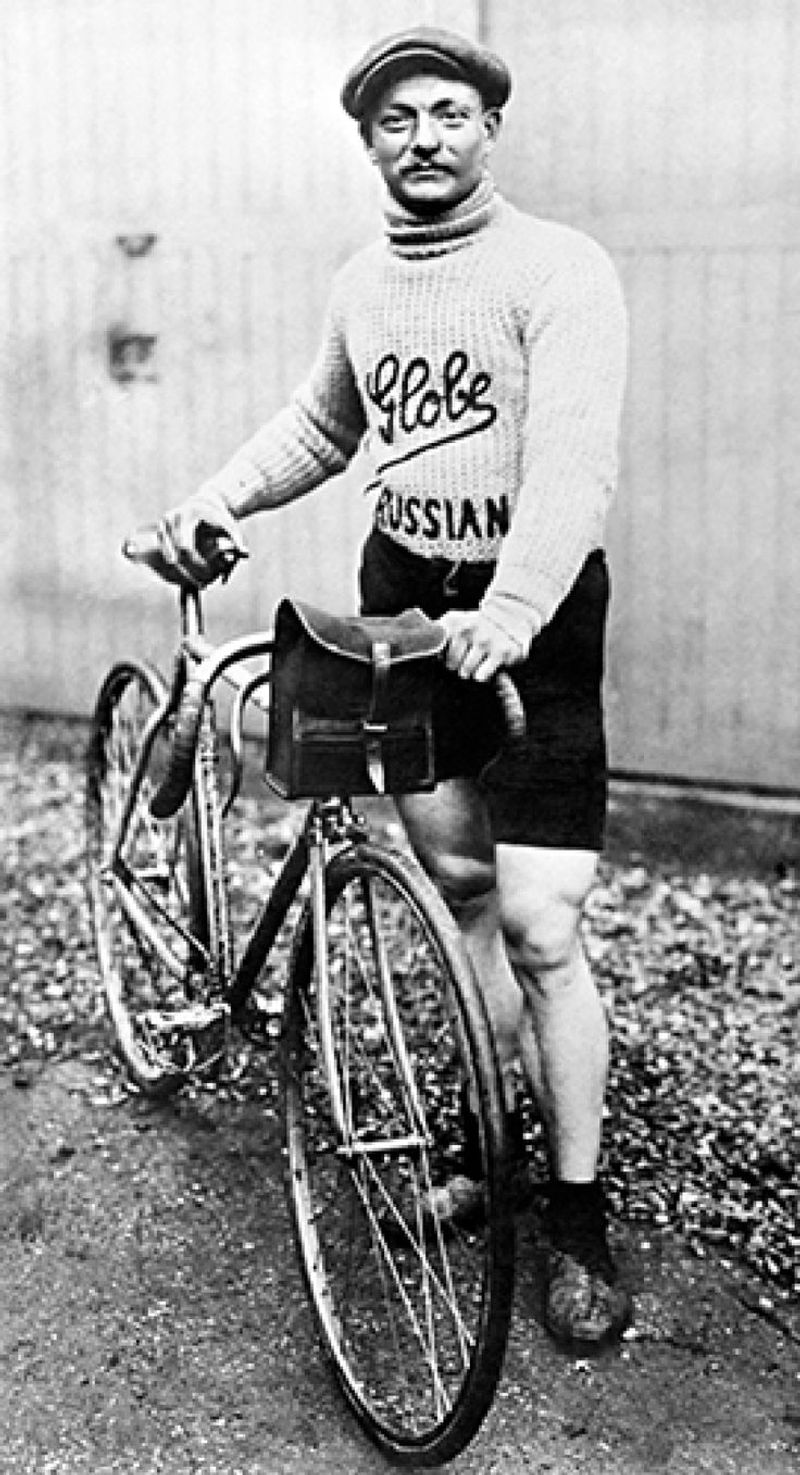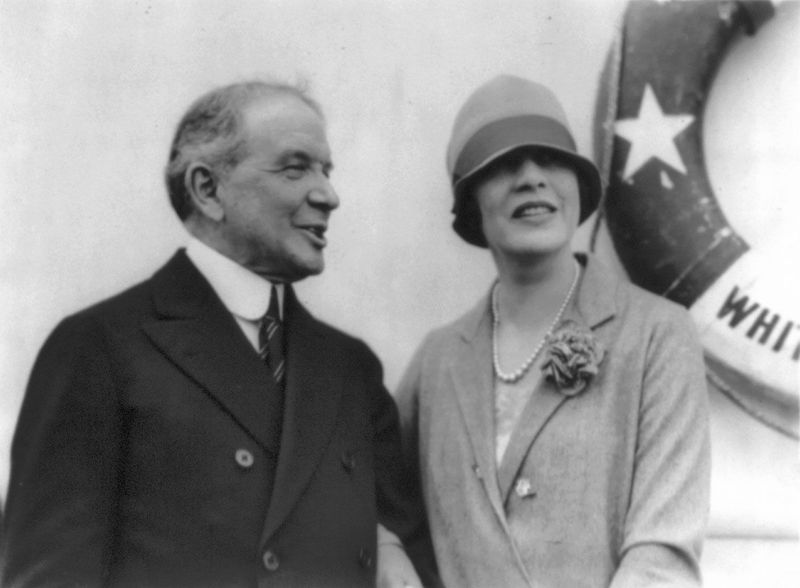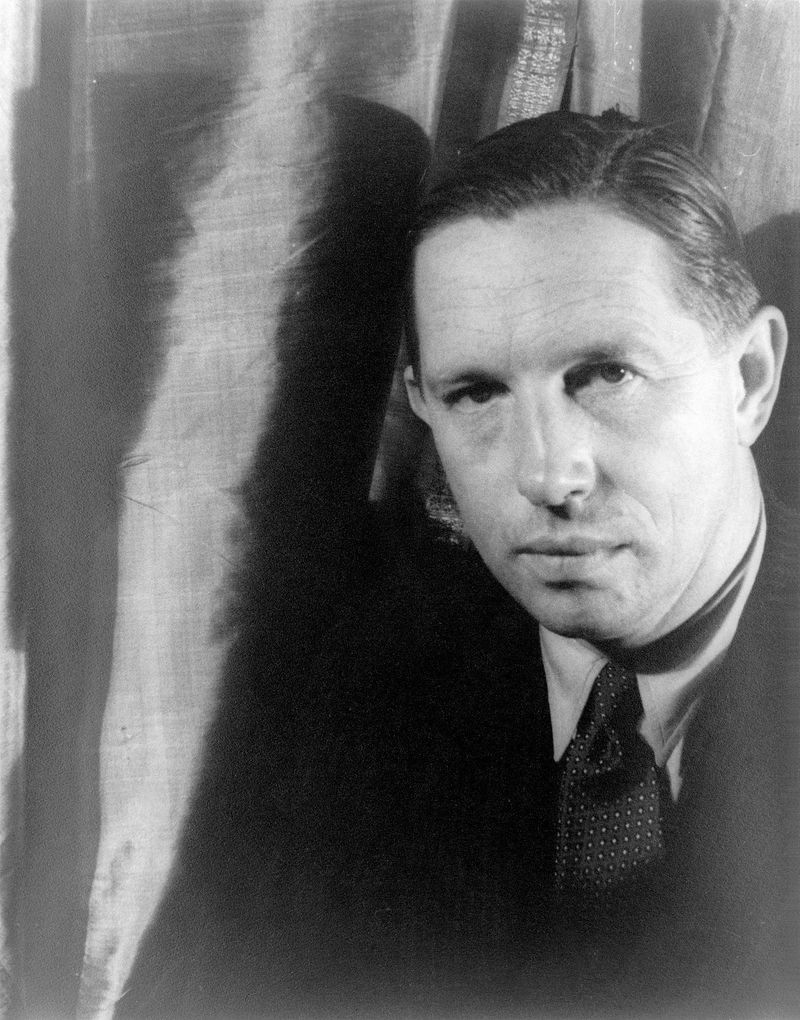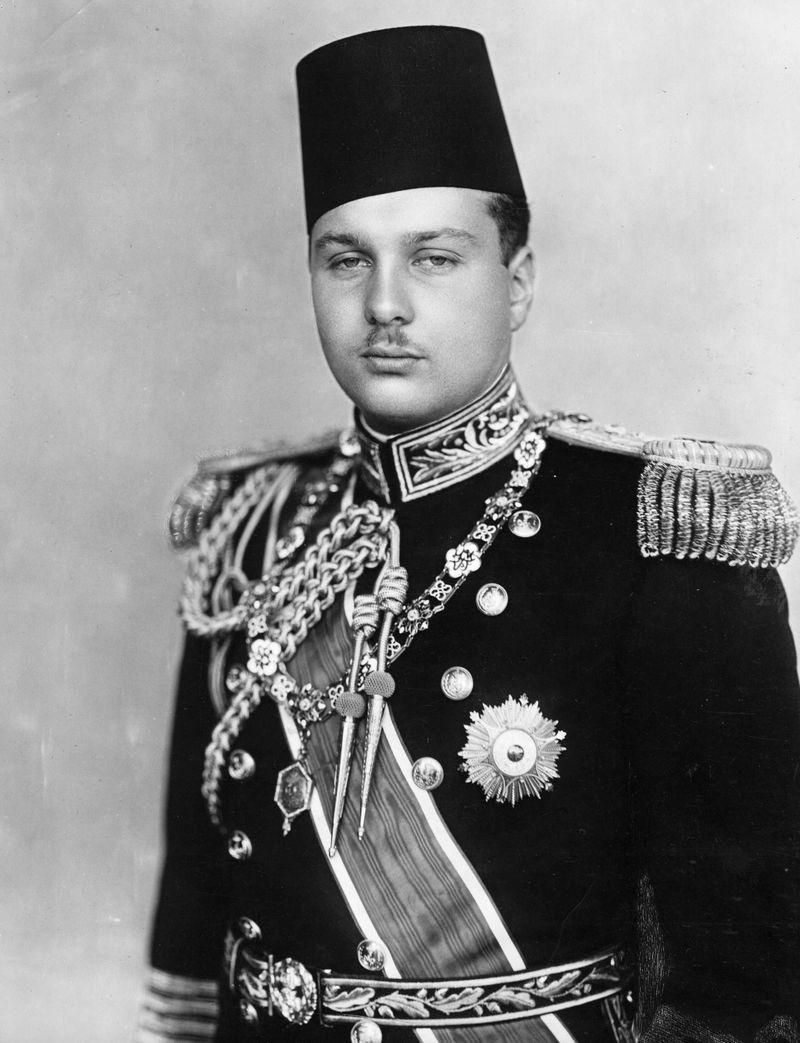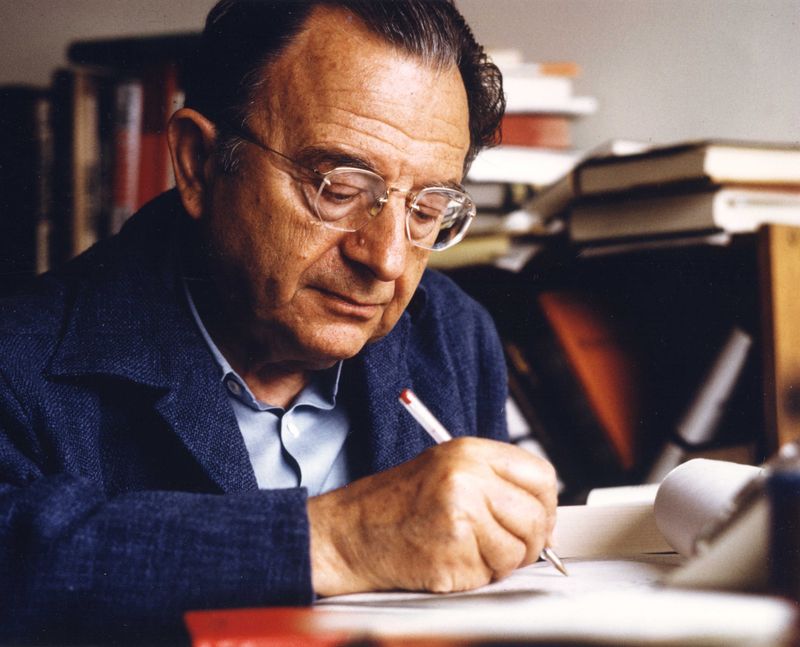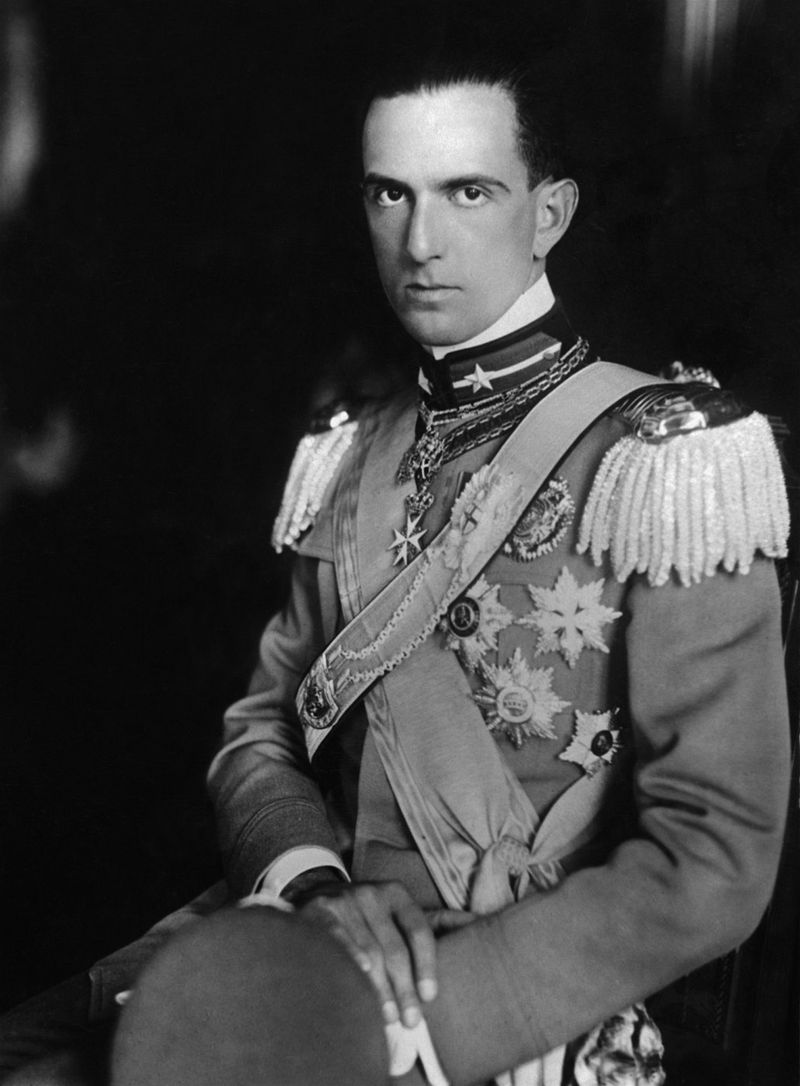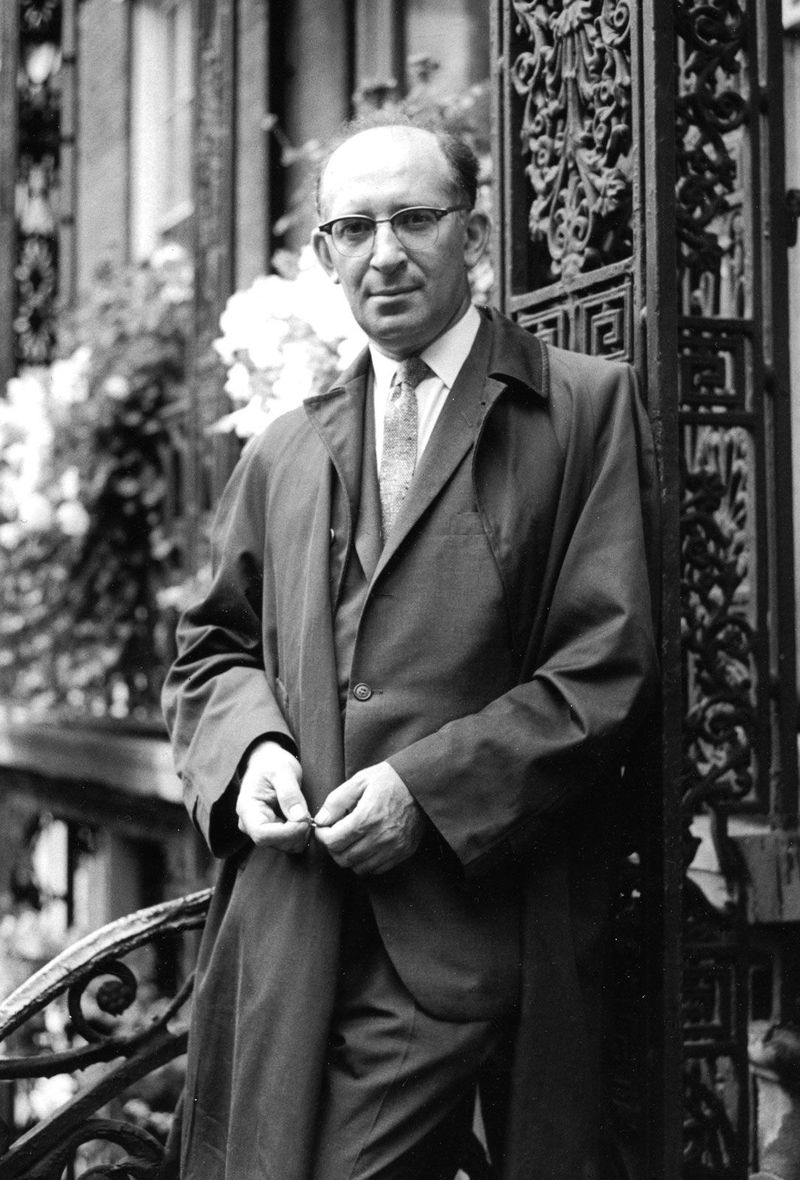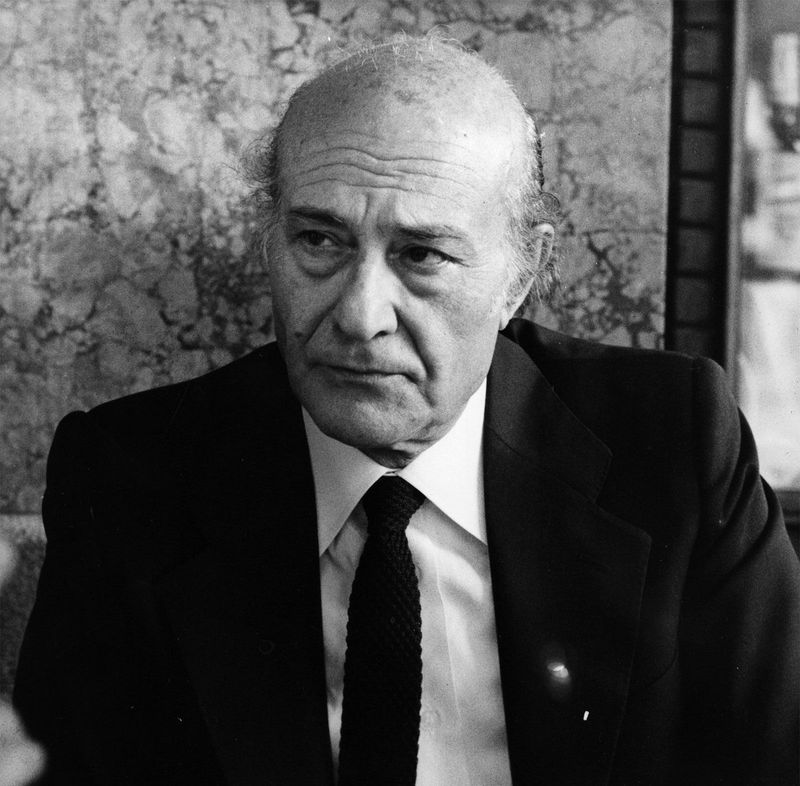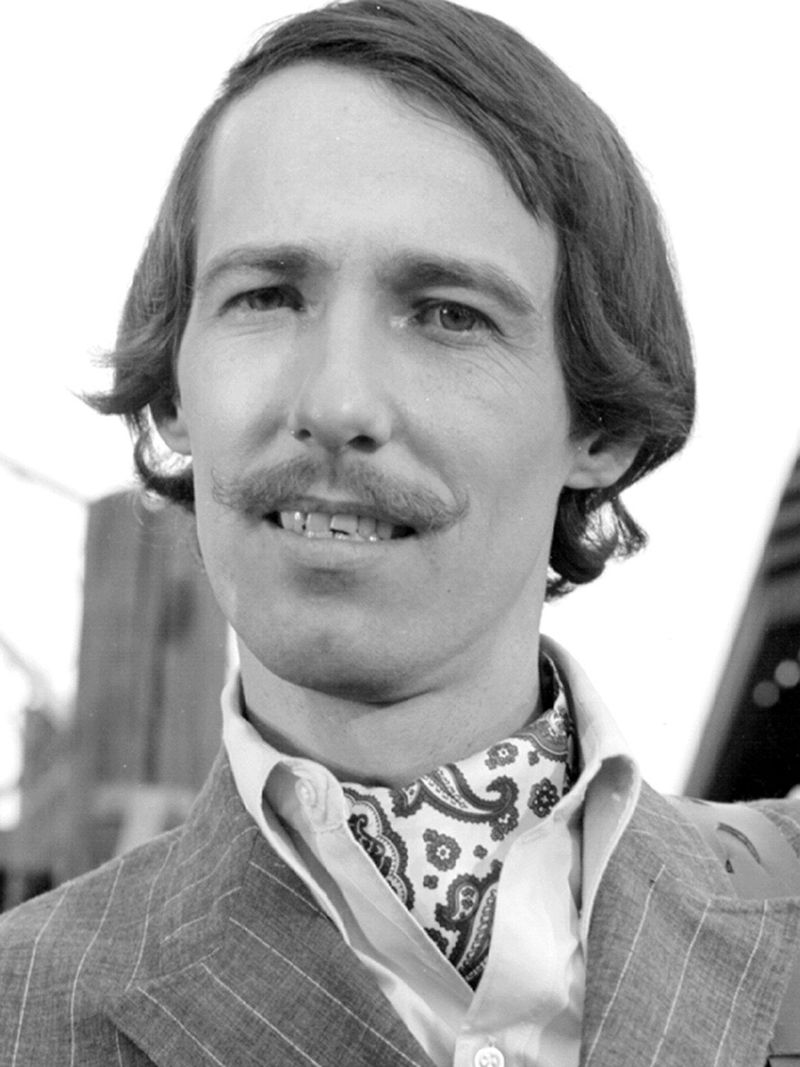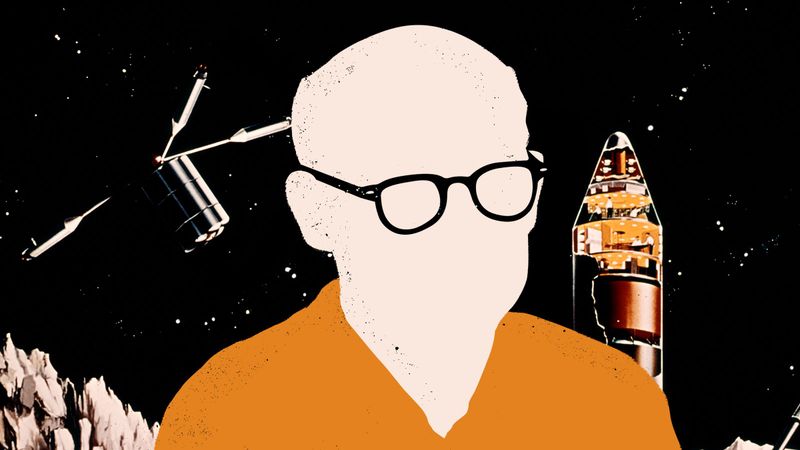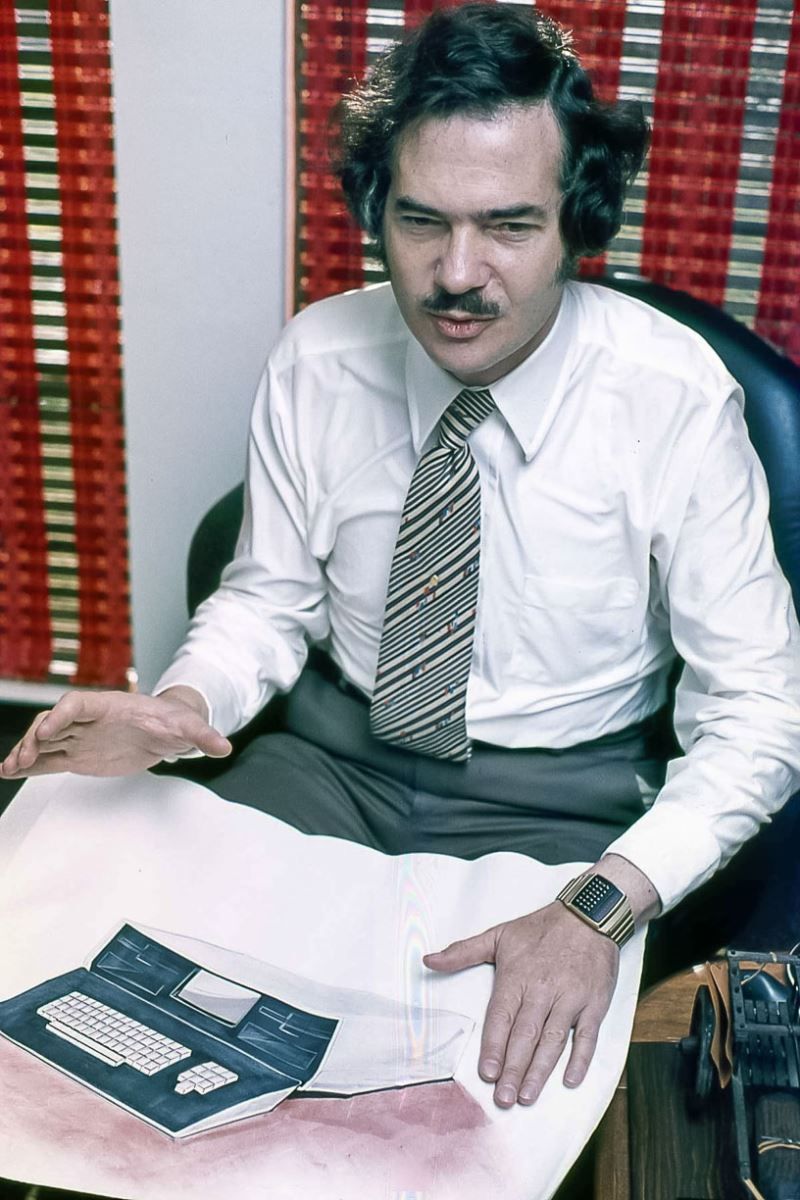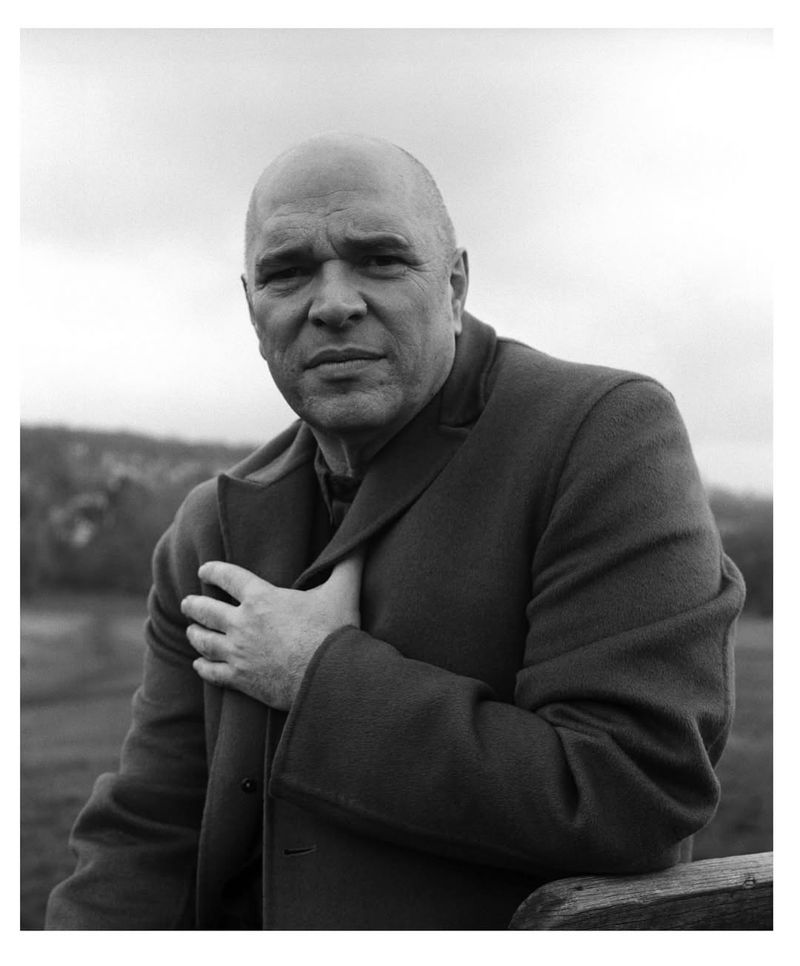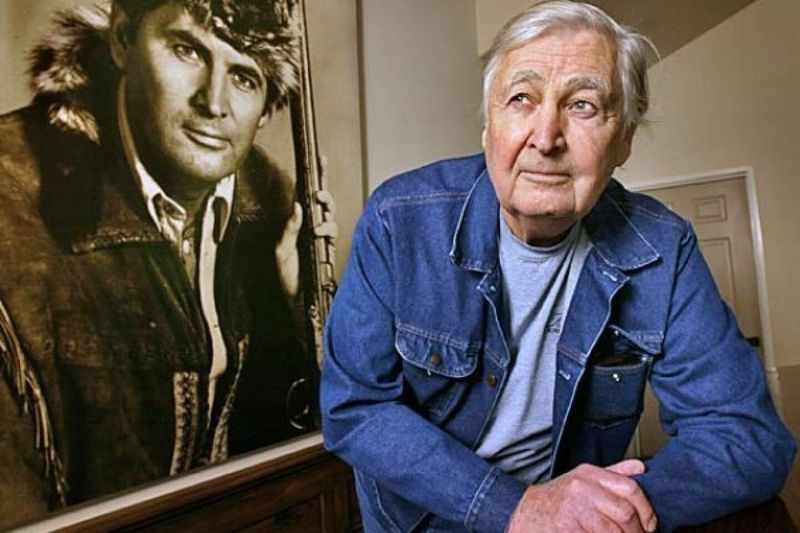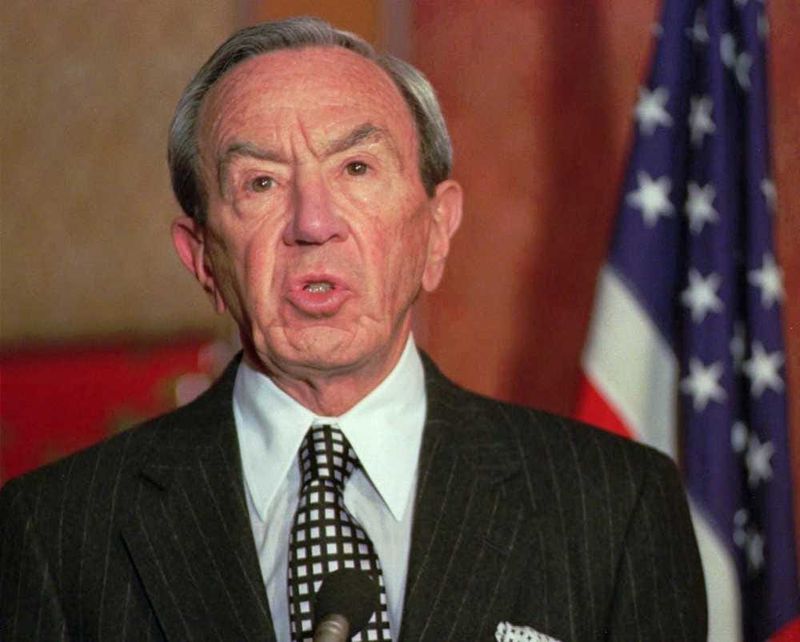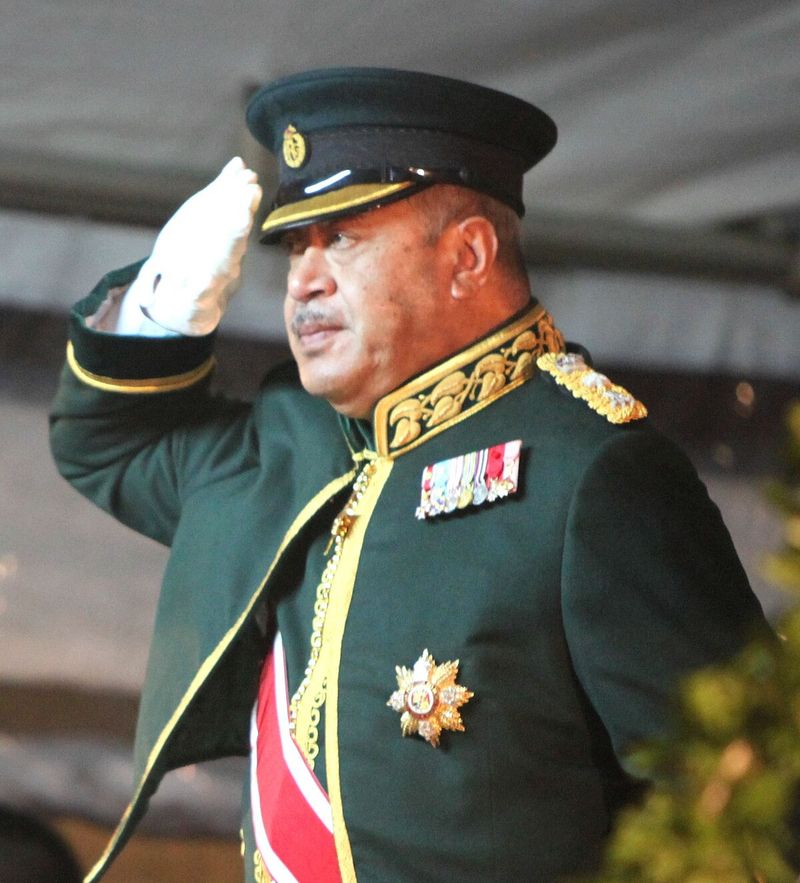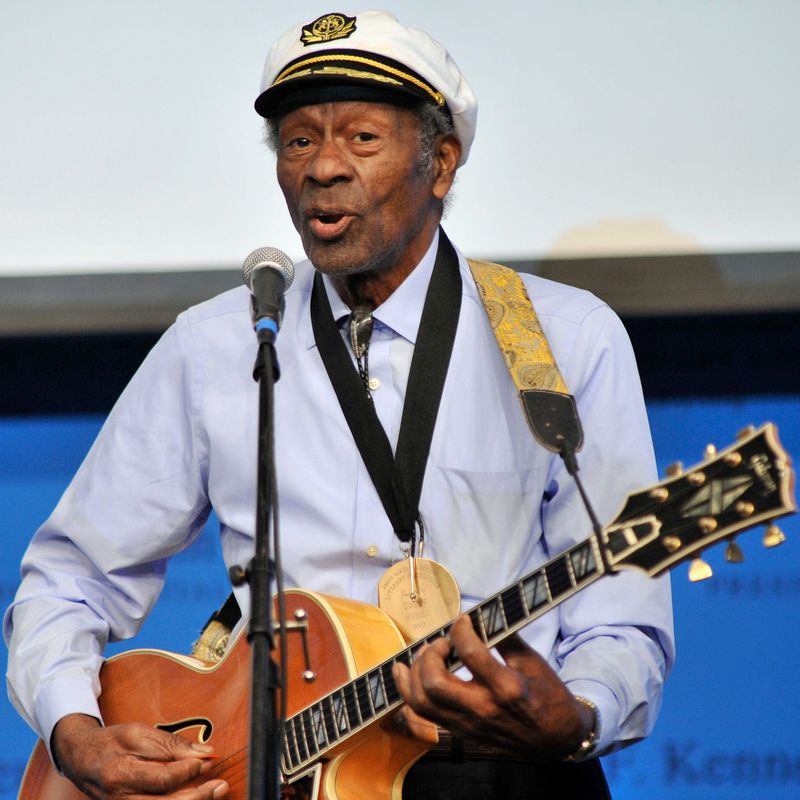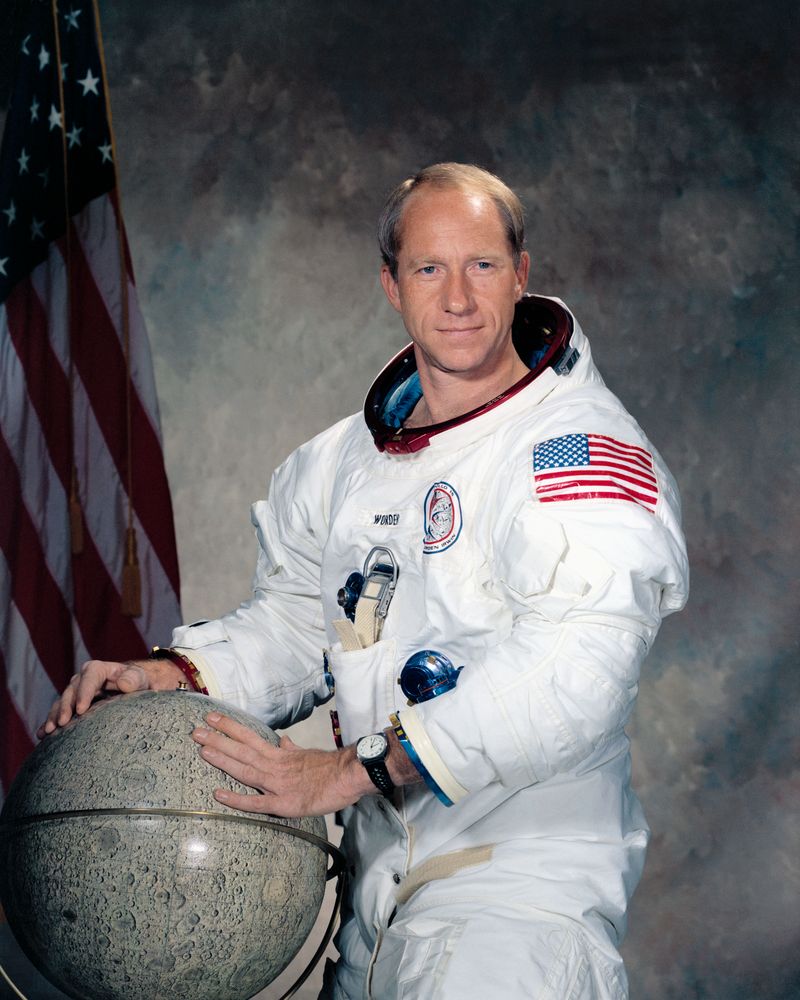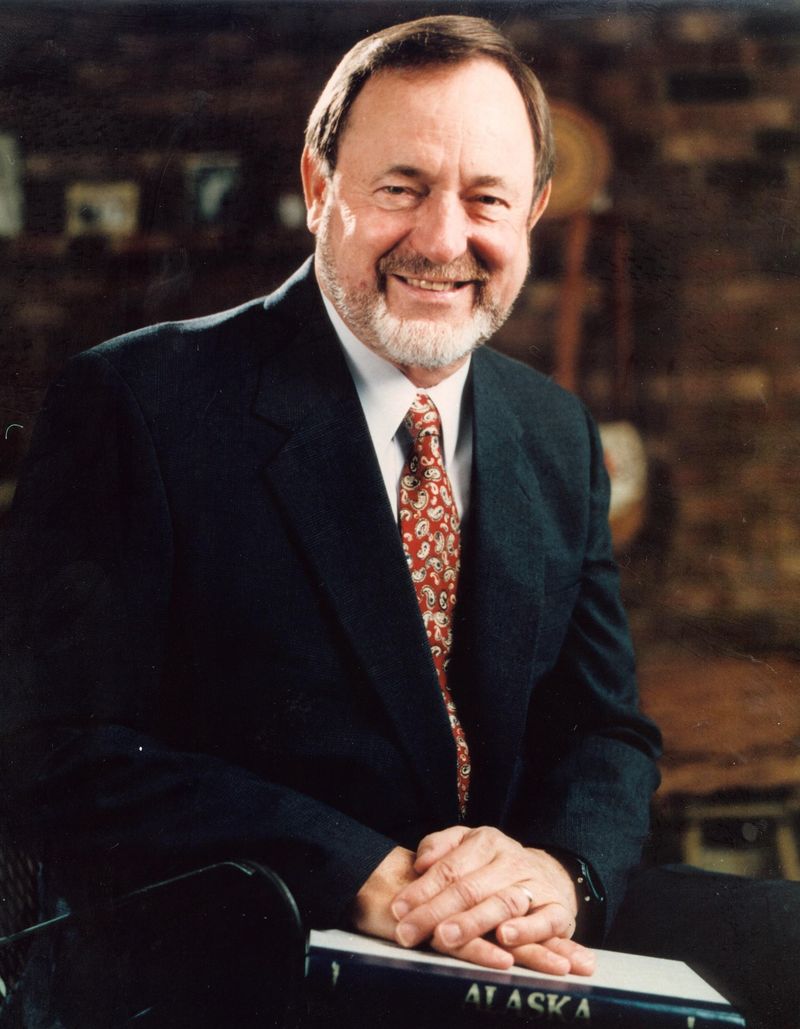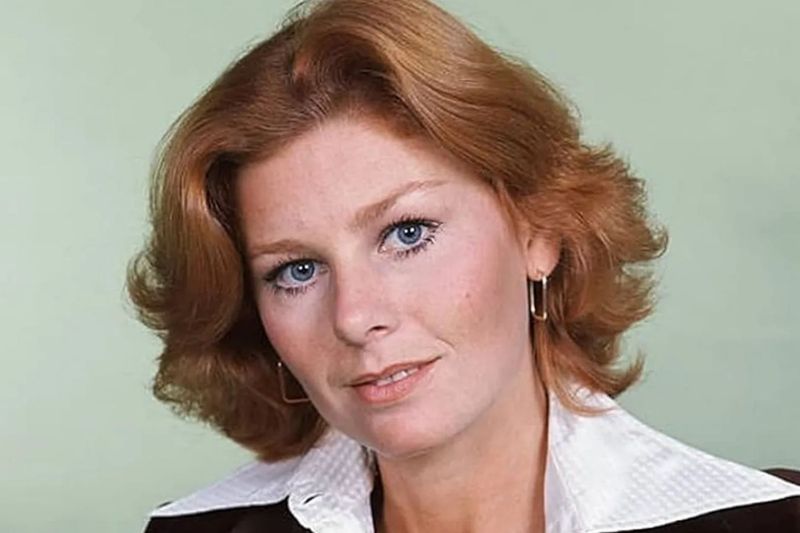March 18 marks the anniversary of the passing of many influential figures across history. From monarchs and statesmen to artists and scientists, the day holds memories of those who left an indelible mark on our world.
This blog post commemorates 30 notable individuals who died on March 18, celebrating their contributions and legacies.
1. Edward the Martyr, King of England, 978
Edward the Martyr was a young king whose reign was tragically short, ascending the throne at just 13. His time as king of England was marked by political turmoil and familial betrayal.
Despite his youth, Edward was seen as a symbol of piety and righteousness. His murder at the age of 16, allegedly orchestrated by his stepmother, left a lasting impact on the kingdom.
Edward’s martyrdom was recognized by the Church, and he was canonized as a saint. His life and death continue to be a poignant reminder of the volatility of royal succession.
2. Pope Honorius III, Head of the Catholic Church, 1227
Pope Honorius III led the Catholic Church during a time of significant change, guiding it with wisdom and a firm hand. His papacy was marked by the promotion of the Fifth Crusade and substantial contributions to canon law.
Honorius was deeply committed to church reform and education, founding new religious orders that have endured through centuries. His diplomatic skills were instrumental in maintaining the Church’s influence across Europe.
Even after his death, Honorius’s legacy of devotion and leadership continued to shape the path of the Catholic Church.
3. Robert Walpole, First Prime Minister of Great Britain, 1745
Robert Walpole is often credited as the first de facto Prime Minister of Great Britain, holding the longest tenure in history. His political acumen and leadership helped stabilize Britain during times of economic and political uncertainty.
Walpole’s policies laid the groundwork for modern British governance, emphasizing peace and prosperity. His legacy, however, is not without controversy, facing criticism for nepotism and corruption.
Despite this, Walpole remains a pivotal figure in British history, whose influence is still felt in the country’s political landscape.
4. Laurence Sterne, Irish Novelist and Clergyman, 1768
Laurence Sterne was a clergyman and novelist best known for his novel ‘Tristram Shandy.’ His writing is characterized by its wit, humor, and innovative narrative style, which broke the conventions of 18th-century literature.
Sterne’s works explored themes of human folly and the absurdity of life, resonating with readers across generations.
As a clergyman, he balanced his religious duties with his literary pursuits, often infusing his sermons with the same humor found in his novels. Sterne’s contributions to literature continue to influence writers and entertain readers worldwide.
5. Johnny Appleseed (John Chapman), American Pioneer and Gardener, 1845
Johnny Appleseed, born as John Chapman, was a pioneer who became an American legend through his travels and planting of apple orchards. His dedication to the environment and sustainable farming practices earned him a lasting place in American folklore.
Chapman’s simple lifestyle and generosity inspired tales of his kindness and spirituality. His efforts not only contributed to the agricultural development of the American frontier but also instilled a love for nature and conservation.
Johnny Appleseed’s legacy lives on as a cherished symbol of pioneering spirit and ecological stewardship.
6. Marcellin Berthelot, French Chemist and Politician, 1907
Marcellin Berthelot was a renowned French chemist whose work revolutionized organic chemistry. His discoveries in chemical synthesis opened new pathways in scientific research and industry.
Berthelot’s contributions extended beyond chemistry; he was also an influential politician and advocate for education and scientific advancement. His dual roles exemplified his belief in the power of knowledge to transform society.
Berthelot’s legacy is one of innovation, intellectual curiosity, and commitment to the progress of humanity through science.
7. George I of Greece, King of Greece, 1913
King George I of Greece reigned during a pivotal era in Greek history, overseeing the country’s expansion and modernization. His leadership helped shape modern Greece, balancing tradition with progressive reforms.
His assassination in 1913 marked a tragic end to a fruitful reign, yet his legacy endured through the continued prosperity of Greece. George I was remembered as a unifying figure who strengthened national identity and fostered international relations.
His influence is celebrated in Greece’s historical narrative, highlighting his contributions to the nation’s development.
8. Eleftherios Venizelos, Greek Prime Minister, 1936
Eleftherios Venizelos was a visionary Greek statesman whose leadership was instrumental in shaping modern Greece. Known for his diplomatic skills and reformative policies, he played a key role in expanding Greece’s borders during the Balkan Wars.
Venizelos advocated for national unity and modernization, significantly influencing Greece’s political landscape. His contributions extended beyond politics, as he championed education and infrastructure development.
Despite facing political opposition, Venizelos’s legacy is one of resilience and dedication to the Greek people. His impact continues to be felt in Greece’s ongoing journey of progress.
9. Henri Cornet, French Cyclist, 1941
Henri Cornet was a talented French cyclist, best known for winning the 1904 Tour de France. At just 19, he remains the youngest winner in the race’s history.
His victory was marked by determination and youthful exuberance, overcoming numerous challenges along the route. Cornet’s cycling career was defined by his tenacity and passion for the sport, inspiring future generations of cyclists.
Although his life was cut short during World War II, his legacy in the world of cycling endures. Cornet’s story is a testament to youthful ambition and the spirit of competition.
10. William C. Durant, American Businessman, Co-founder of General Motors, 1947
William C. Durant was a pioneering American businessman who co-founded General Motors, transforming the automotive industry. His vision and entrepreneurial spirit helped establish GM as a dominant force in the global market.
Durant’s business acumen extended beyond automobiles, as he was involved in various ventures, showcasing his innovative mindset. Despite facing financial setbacks, his contributions to the industry were profound.
Durant’s legacy is one of ambition and resilience, illustrating the power of vision in shaping modern industry.
11. Louis Bromfield, American Author and Environmentalist, 1956
Louis Bromfield was an acclaimed American author and environmentalist, whose works explored the relationship between humans and nature. His profound insights into agriculture and conservation were ahead of his time, influencing modern environmental thought.
Bromfield’s legacy extended beyond his literary achievements, as he championed sustainable farming practices and rural development.
His innovative approaches to farming became a model for future generations. Through his writing and activism, Bromfield left an indelible mark on both literature and environmentalism.
12. Farouk of Egypt, King of Egypt, 1965
King Farouk of Egypt was a charismatic and controversial figure whose reign was marked by political intrigue and opulence. Ascending the throne at a young age, he faced the challenges of modernizing Egypt while maintaining royal traditions.
Farouk’s lifestyle and governance attracted both admiration and criticism, leading to his eventual overthrow. Despite the controversies, his reign remains a significant chapter in Egypt’s history, reflecting the complexities of leadership.
Farouk’s legacy is a mix of fascination and reflection on the balance of power and responsibility.
13. Erich Fromm, German Psychologist and Philosopher, 1980
Erich Fromm was a pioneering German psychologist and philosopher whose work explored the intersections of psychology, sociology, and ethics. His writings on freedom, love, and human nature challenged contemporary thought and continue to inspire.
Fromm’s emphasis on the human capacity for love and creativity offered profound insights into personal and societal well-being. His teachings encourage a deeper understanding of the human condition, promoting a compassionate and ethical approach to life.
Fromm’s legacy is one of intellectual curiosity and a lifelong commitment to understanding humanity.
14. Umberto II, Last King of Italy, 1983
Umberto II was the last King of Italy, whose brief reign marked the end of the monarchy in the country. His tenure as king was overshadowed by political turmoil and the rise of the Italian Republic.
Despite his short time on the throne, Umberto II is remembered for his dedication to Italy and his efforts to preserve national unity.
His abdication marked a significant turning point in Italian history, symbolizing the transition to a new era. Umberto II’s legacy is a reminder of the complexities of monarchy and national identity.
15. Bernard Malamud, American Novelist, 1986
Bernard Malamud was a celebrated American novelist whose works deeply explored themes of identity, morality, and human struggle. His storytelling, rich with emotion and ethical dilemmas, captivated readers worldwide.
Malamud’s novels often depicted the immigrant experience in America, shedding light on cultural and generational tensions. His profound understanding of the human condition earned him widespread acclaim, including a Pulitzer Prize.
Malamud’s literary legacy continues to resonate, inspiring new generations of writers to explore the complexities of life.
16. Odysseas Elytis, Greek Poet and Nobel Laureate, 1996
Odysseas Elytis was a renowned Greek poet whose evocative imagery and lyrical style earned him the Nobel Prize in Literature. His poetry celebrated the beauty of Greece, blending traditional themes with modernist influences.
Elytis’s works were infused with a deep sense of nationalism and spirituality, reflecting his profound connection to his homeland. His contributions to literature were not only artistic but also cultural, influencing the Greek literary scene.
Elytis’s legacy is one of poetic brilliance, offering readers a window into the soul of Greece.
17. John Phillips, American Musician, Member of The Mamas & the Papas, 2001
John Phillips was a pivotal figure in the American music scene, best known as a founding member of The Mamas & the Papas. His songwriting and musical talent helped define the sound of the 1960s, capturing the spirit of a generation.
Phillips’s work was marked by its melodic richness and lyrical introspection, contributing to numerous hits that remain timeless. Despite personal struggles, his influence on pop and rock music continues to be celebrated.
John Phillips’s legacy is intertwined with the cultural revolution of the 1960s, inspiring musicians and fans alike.
18. R. A. Lafferty, American Science Fiction Writer, 2002
R. A. Lafferty was a unique voice in science fiction, known for his inventive storytelling and whimsical style. His works defied traditional genre conventions, blending surrealism with narrative innovation.
Lafferty’s stories challenged readers to think beyond reality, exploring philosophical and existential themes. Despite being underappreciated during his lifetime, his influence on speculative fiction is profound, inspiring a dedicated following.
Lafferty’s legacy is one of creativity and originality, reminding readers of the limitless possibilities of imagination.
19. Adam Osborne, British Author and Computer Designer, 2003
Adam Osborne was a trailblazer in the tech industry, best known for creating the first commercially successful portable computer, the Osborne 1. His work revolutionized computing, paving the way for the laptops we use today.
Beyond his technical achievements, Osborne was also a prolific author, writing extensively on computing and technology.
Despite facing business challenges, his contributions to the tech world were significant. Osborne’s legacy is one of innovation and foresight, reflecting the transformative power of technology.
20. Bob Woolmer, English Cricketer and Coach, 2007
Bob Woolmer was an influential figure in cricket, both as a player and a coach. His innovative coaching techniques and strategic insights transformed the way the game was played and coached.
Woolmer’s passion for cricket was evident in his dedication to nurturing talent and fostering teamwork. His untimely death during the 2007 Cricket World Cup shocked the sports world, leaving a legacy of inspiration and innovation.
Woolmer’s impact on cricket endures, as his methods continue to shape the sport’s future.
21. Anthony Minghella, English Film Director and Screenwriter, 2008
Anthony Minghella was a celebrated film director and screenwriter, known for his meticulous craftsmanship and storytelling. His films, such as ‘The English Patient,’ received critical acclaim and numerous awards, showcasing his artistic vision.
Minghella’s work was characterized by its emotional depth and visual beauty, captivating audiences worldwide. His contributions to cinema extended beyond directing, as he mentored emerging filmmakers.
Minghella’s legacy is one of artistic brilliance and dedication to the craft of filmmaking.
22. Natasha Richardson, English-American Actress, 2009
Natasha Richardson was a talented actress whose performances graced both stage and screen. Her versatility and emotional depth brought characters to life, earning her admiration from audiences and critics alike.
Richardson’s career was marked by a commitment to her craft, with roles ranging from Shakespearean drama to modern cinema.
Her untimely death was a tragic loss to the acting community, yet her influence remains. Richardson’s legacy is one of artistic excellence and the enduring impact of storytelling.
23. Fess Parker, American Actor and Businessman, 2010
Fess Parker was an American actor and businessman best known for his iconic roles in ‘Davy Crockett’ and ‘Daniel Boone.’ His portrayal of rugged, adventurous characters captured the imagination of audiences.
Beyond his acting career, Parker became a successful businessman, establishing a thriving winery and hospitality business. His entrepreneurial spirit and dedication to quality left a lasting impact.
Parker’s legacy is one of versatility and success, embodying the spirit of adventure and innovation.
24. Warren Christopher, American Diplomat, 2011
Warren Christopher was a distinguished American diplomat whose career spanned decades of international service. As Secretary of State, he played a pivotal role in shaping U.S. foreign policy during the 1990s, navigating complex global issues.
Christopher’s calm demeanor and strategic thinking earned him respect on the world stage, contributing to peace processes and diplomatic resolutions. His legacy is one of dedication to public service and the pursuit of global stability.
Christopher’s contributions continue to influence diplomatic efforts worldwide.
25. George Tupou V, King of Tonga, 2012
King George Tupou V of Tonga was a transformative leader known for his progressive vision for the kingdom. His reign marked a significant shift towards democracy, as he championed constitutional reforms and modernization.
Tupou V’s leadership was characterized by a commitment to improving the lives of his people while preserving cultural heritage. His contributions to Tonga’s political and social landscape are celebrated, reflecting his dedication to national progress.
Tupou V’s legacy is one of visionary leadership and cultural preservation.
26. Tray Walker, American Football Player, 2016
Tray Walker was a promising young talent in American football, known for his athleticism and dedication to the sport. As a player for the Baltimore Ravens, he showed potential and passion, inspiring teammates and fans.
Walker’s life was tragically cut short in a motorcycle accident, leaving a void in the sports community.
Despite his brief career, his spirit and determination left a lasting impression. Walker’s legacy is one of potential and perseverance, reminding us of the fleeting nature of life and the importance of pursuing our passions.
27. Chuck Berry, American Singer and Guitarist, 2017
Chuck Berry was a legendary figure in rock and roll, whose music and style laid the foundation for the genre. Known for his energetic performances and iconic guitar riffs, Berry’s influence spanned generations.
His hits, such as ‘Johnny B. Goode,’ continue to resonate, showcasing his talent for blending rhythm and blues with rock. Berry’s contributions to music transcended cultural and racial boundaries, earning him a place in the Rock and Roll Hall of Fame.
His legacy is one of innovation and cultural impact, celebrating the power of music to unite.
28. Alfred Worden, American Astronaut, 2020
Alfred Worden was an American astronaut best known for his role in the Apollo 15 mission. As the command module pilot, he orbited the moon, conducting important scientific experiments.
Worden’s contributions to space exploration extended beyond his mission, as he inspired future generations of explorers and scientists. His autobiography and public engagements shared the wonder of space travel with the world.
Worden’s legacy is one of exploration and curiosity, reflecting humanity’s quest to explore the unknown.
29. Don Young, American Politician, 2022
Don Young was a long-serving U.S. Congressman, representing Alaska for nearly five decades. Known for his tenacity and dedication to public service, Young was a steadfast advocate for his state’s interests.
His career was marked by a commitment to infrastructure development and resource management, shaping policies that impacted both Alaska and the nation.
Young’s influence in Congress was profound, earning him respect across the political spectrum. His legacy is one of service and advocacy, reflecting his unwavering dedication to his constituents.
30. Jennifer Leak, Canadian-American Actress, 2024
Jennifer Leak was a talented actress known for her roles in both film and television. Her performances were marked by charm and depth, capturing the hearts of audiences.
Leak’s career spanned several decades, with notable appearances in classic TV shows and movies. Her dedication to her craft and versatility set her apart in the industry. Leak’s legacy is one of enduring talent and the timeless nature of storytelling.
